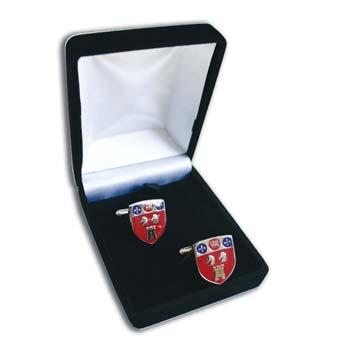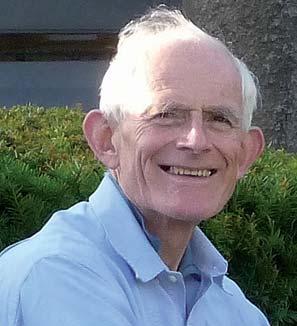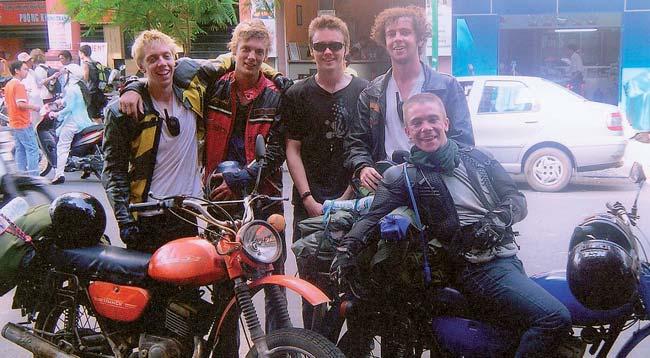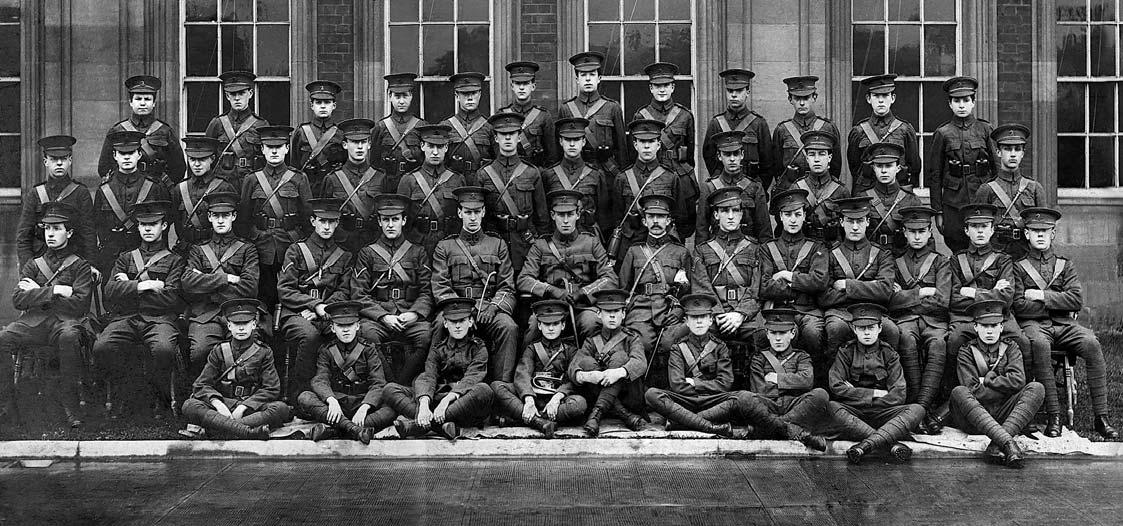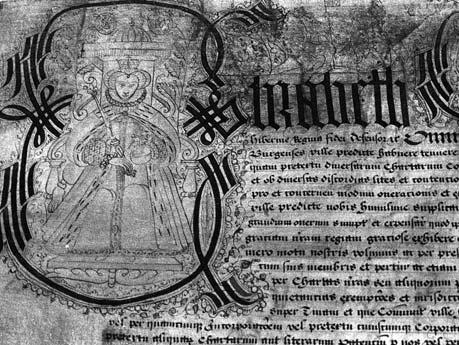10
ONA — Old Novocastrians Association Magazine
Bursary Campaign Gleanings from the bursary committee
Committees! Many of you will shrink at the very word. After all, wasn’t the camel designed by a committee? Whatever does a committee ever really achieve? How can a disparate bunch of people sit down together and make things happen? Well, there may be a fair number of such bodies who are largely driven by one or two forceful individuals who drive matters along their own agendas. Very often, however, perhaps through serendipity or maybe inspired selection (!), committees do exist whose members reflect a wide variety of interests and connections. Such is the case with the RGS Bursary Campaign Committee, meetings of which are full of enthusiasm, good humour and businesslike, hardly ever over-running the clock. The Committee’s members are listed at the end of this feature, which we hope will shed a little light on our work, and hopefully inspire some of the ONA membership to support the Campaign’s aims in the most tangible way. As a member of the Bursary Campaign Committee, I offered to put some items together for the ONA Magazine, which is the main link between the school and its alumni, its former pupils. Who, I thought, is a person to whom countless Old Novos can relate and who holds many of the fondest feelings of ONs over very many years at the School? Who other than John Armstrong (member of staff 19722003)? So I contacted John, who is in the best of fettle and whilst showing his usual characteristics of shyness and modesty, expressed his thoughts on the Bursary Campaign. At the time when he was working as Second Master, his position on the Committee was part of his job, but on John’s retirement, James Miller asked him to stay on the Committee. He made it clear that whilst now wishing to keep a discreet distance, he welcomes the chance to contribute to the Committee because of his belief in the objectives of the Campaign and in the opportunities bursaries provide. After the demise of the Direct Grant system and later the Assisted Places Scheme, the Bursary Campaign is the only way the School can remain accessible to those whose families cannot afford the fees. John is glad to be associated with what has in a very few years become such a significant factor in this effort. The School hasn’t been static: it has changed, adapted, and developed, while at the same time there are so many important continuities too. Bursaries (themselves an adaptation) sustain an essential continuity. He believes that the RGS continues, as ever, to have a great role to play in the present and future life of the region.
John Armstrong


